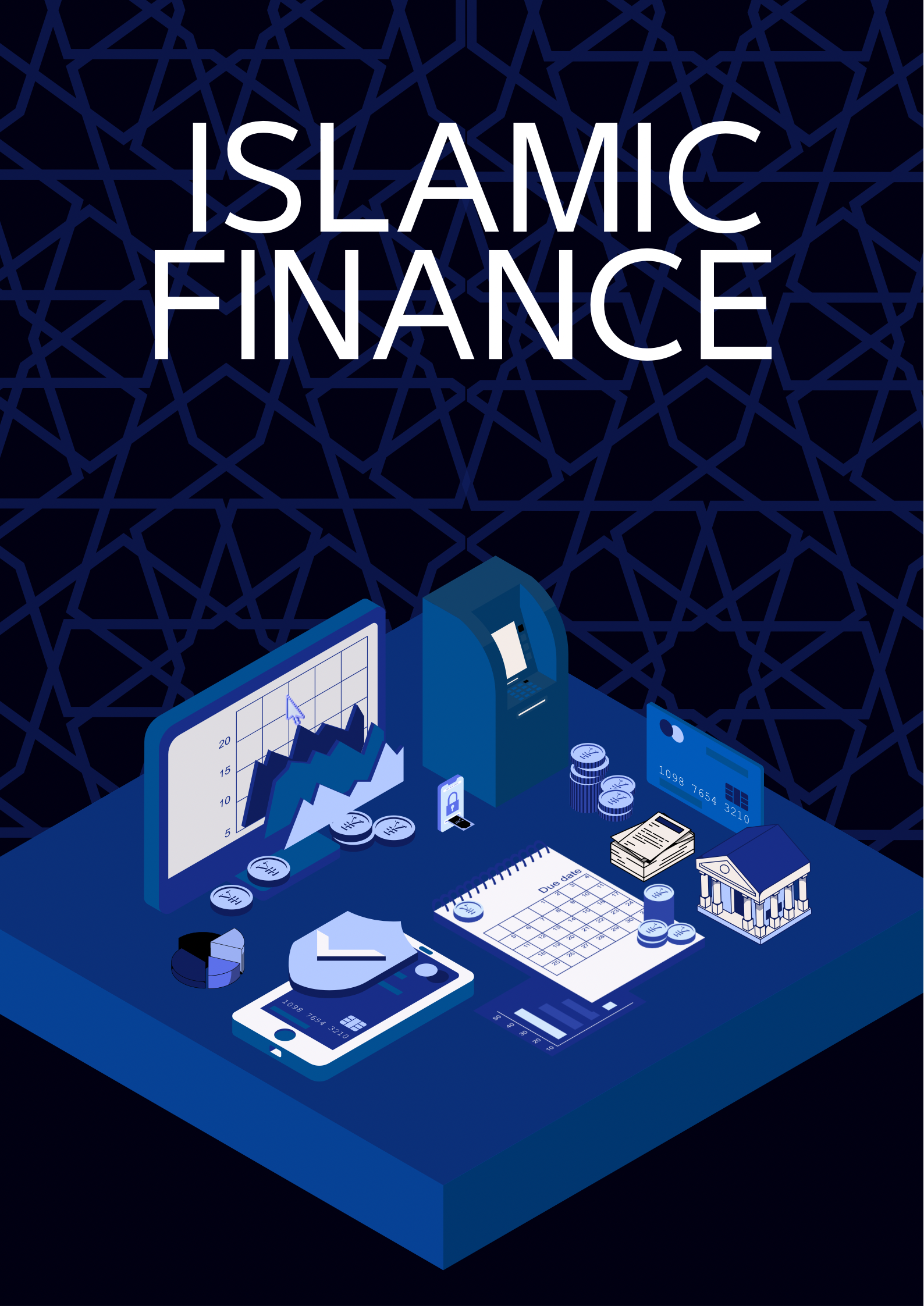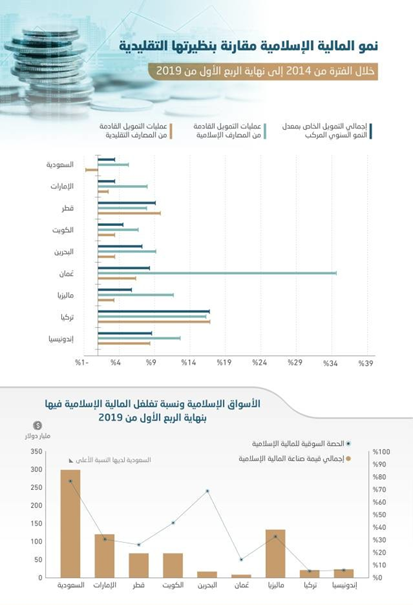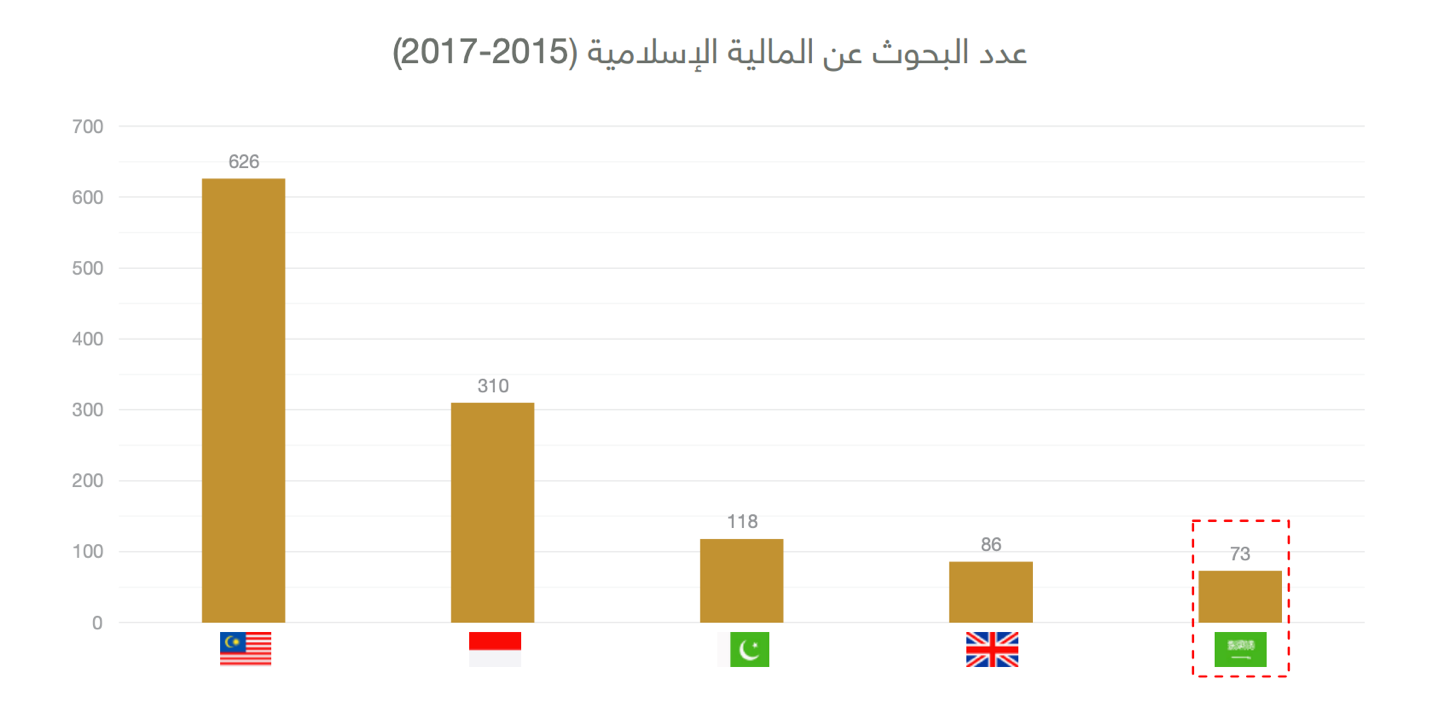Islamic finance


What is Islamic finance
Islamic finance is a financial system that operates in accordance with Islamic law (Shariah). It adheres to principles such as the prohibition of interest (Riba), sharing of risk, avoidance of speculation and investment in activities that benefit society. Islamic finance instruments include profit-sharing agreements, leasing arrangements, and sale and purchase contracts. The industry has grown significantly in recent years and has become a global market with assets estimated to be worth trillions of dollars.
Here are some of the main sectors of Islamic finance and examples of financial instruments within each sector:
Banking: Islamic banks offer a range of financial products and services that comply with Sharia law, such as Musharakah (partnership), Mudarabah (profit-sharing), Murabaha (cost-plus financing), and Ijarah (leasing).
Takaful: Takaful is an Islamic insurance system that is based on the principles of mutual cooperation and shared responsibility. Policyholders pay into a pool of funds, which is used to pay out claims to those who experience losses.
Islamic Capital Markets: Islamic capital markets include the issuance and trading of Shariah-compliant securities, such as Islamic equity sukuk and funds, real estate funds and commodity funds.
These are just a few examples of the sectors and financial instruments within Islamic finance. The industry is constantly evolving and expanding, with new products and services being developed to meet the needs of a growing global market.
Instruments traded in the financial markets
Companies work by attracting the savings of individuals to finance their projects, through several tools that help them in this, including tools compatible with Islamic law, and we will mention some of them:
Stock in Islamic finance:
A share is defined as the share or part of the shareholder in the company, and the value of the shares in their totality represents the company’s capital. Thus, the shares are considered a common right over the income and assets of the company and grant the shareholder access to part of the company’s profits and assets. However, the ruling on issuing shares differs according to the type of activity that the company engages in, given the nature of its activity in terms of its lawfulness, and the capital market supports joint-stock companies that engage in purely permissible activity. This is with the aim of increasing the projects of listed companies and supporting the resources that deal with permissible businesses to purchase machinery, clothing, technology, medicines, etc., and there are no doubts in their financial system. It is not intended to increase capital through interest or to lend with interest that is not permissible to be traded. There is no disagreement about this type of company among the scholars who say that permissible shares are permissible and that they deal in areas that are consistent with Islamic law and the rules of Islamic finance.
Sukuk:
The financial market has tended to regulate the issuance and trading of debt instruments, including instruments (Sukuk), and they fall within the rules for issuing securities in general. Or in the assets of a specific project or private investment activity. instruments are divided into two types: those derived from specific assets such as Leasing (Ijarah), Profit-and-loss sharing partnership (mudarabah) and Profit-and-loss sharing joint venture (musharakah) instrumentsN (Sukuk). Or it is based on a debt such as Sukuk Murabaha, Salam. The sukuk differs from the bond in that the owner of the Sukuk has a real right linked to the assets of the issuer, while the bond represents a debt owed by the issuer.
Investment funds:
are investment vessels that collect the capital of a group of investors and manage them according to a strategy and investment objectives set by the fund manager, to achieve investment advantages that the individual investor may not be able to achieve on his own. The investment fund may include a group of securities that are chosen according to specific principles and criteria that achieve the fund's investment goals, as well as achieving the benefit of diversification for the investor in the fund Distributions if any of securities. The fund is exposed to loss, in the event of a decline in the value of the securities constituting the fund's assets. and here are some investment fund applications:
The Al-Ataa Saudi Equity Fund
managed by Al-Ahly Capital topped the list as the best-performing fund, achieving a positive return of 26.7%. It is an investment fund that aims to develop capital in the long term with the promise of semi-annual cash distributions by investing primarily in the securities listed in Saudi markets, which are compatible with Sharia standards, in money market instruments, as well as in real estate investment traded funds.
Ensan Endowment Investment Fund
which is an open endowment investment fund offered publicly, had its units endowed in favor of the Charitable Society for Orphans Care.
Al-Aahli and King Saud University Endowment Fund
It is an open and offered endowment investment fund, whose units stopped in favor of King Saud University endowments and was approved as an investment fund compatible with the Sharia controls approved by the Sharia Committee appointed for the investment fund.
The rise of financial technology and its support for Sharia foundations
In the past years, the financial services sector has been able to benefit from technological development to enable a more efficient market infrastructure and a huge increase, increasing and continuing to grow clearly and rapidly, and governments have been directed to focus on financial technology as an ideal option for economic diversification and contribution to its growth, as the bank launched The Central Bank has introduced many rules and regulations to regulate financial technology in the Kingdom.
The Capital Market Authority launched the Financial Technology Lab in 2018 to keep pace with the rapid technological revolution in the capital market to contribute to supporting the national economy and achieving the objectives of the Financial Sector Development Program, including the development of the Islamic finance sector. Hence, an opportunity began to direct the savings and investments of individuals and companies in supporting the expansion of vital economic projects that contribute to raising the GDP by establishing an integrated market for offering debt instruments in accordance with the provisions of the tolerant Sharia and investing in it.
Here are some of its most prominent applications:
Sukuk Capital
is the first financial technology company to issue sukuk to companies and enable investors to make an investment process compatible with the provisions of Sharia. With a Sharia Committee consisting of three members, His Eminence Sheikh Dr. Youssef Al-Shubaily and His Eminence Sheikh Dr. Faisal Al-Shammari, and His Eminence Sheikh Abdul-Aziz Al-Damiji supervise the Sharia supervision of all the financial instruments of the company.
Manafa Capital
provides various financing products that are compatible with Sharia, seeking to establish the rules of Sharia in innovative financing solutions, through an independent Sharia committee to enhance the role of governance and impartiality regarding adherence to Sharia. Sharia in all financial and investment transactions of the platform, receiving notes and problems related to legal aspects inside and outside the platform, and providing advice and guidance to the platform to maintain the legitimate orientation in all its transactions.
The endowment sector and the Role of Sharia Supervision
Waqf
is a financial instrument used in Islamic finance for charitable purposes. Refers to a fund or endowment in a trust established by a person or organization through the allocation of assets by wills and testaments (Wasaayaa) or donation or purchase to be held in perpetual trust, usually real estate or cash.
The purpose of the Waqf
is to generate permanent income to support various social or religious causes such as education, health care and poverty alleviation, and as an alternative source of financing various Islamic projects, such as social and religious projects, including the construction of schools, mosques, hospitals and other charitable institutions. The endowment has been known for a century. And this system has continued until today. This system is based on principles derived from the Qur’an and Sunnah that emphasize ethical and moral considerations in financial transactions.
The waqf has played an important role in the development of Islamic financ and represents an important aspect of the Islamic economic system. It is an essential element in the development of the domestic economy, as it helps to finance social projects that local communities need, rather than relying on external financing. The endowment also allows the creation of new job opportunities and increases the effectiveness of the social economy sector and financial stability. Although it requests donations of money and land from Muslim donors, the fruits of the endowment are sustainable for local communities and the entire economy by providing stable income from real estate revenues and improvements. to which it is entered. According to estimates only, the structuring of the waqf played an important role during the Umayyad and Abbasid caliphates, as 60% of basic social services (and infrastructure) related to education and health were provided from it, in addition to supporting the needy with means of subsistence or social security. Endowments also led to the development of cultural and scientific life, thanks to its funding for the production of books, building libraries, and its support for scholars in various religious and worldly sciences.
In Islamic finance, waqf funds are an interest-free form of investment. This means that the capital invested in the waqf is not expected to generate profit in terms of interest or dividends. Instead, the proceeds from waqf investments are used to provide social benefits to the community. This is done by creating public facilities, providing education and health care, and providing financial assistance to those in need.
Endowment (Waqf) forms
The types of endowments can be classified according to their nature and the beneficiary, as follows:
Depending on the nature of the suspension
Fixed endowment: such as lands, buildings, gardens, orchards, wells, hospitals, schools, and the like.
Movable endowment: such as cars, animals, furniture, clothes and the like. It includes cash that is invested to benefit from its returns in charitable causes, such as deposits allocated to Islamic financial institutions whose returns are directed to charitable causes.
According to the beneficiary of the endowment
Family endowment (or atomic endowment): It is the one that is endowed on the offspring and the family.
Charitable Endowment: It is a funding that is endowed for public charitable works for the interests of Muslims, such as the poor, students of knowledge, educational institutions, mosques, hospitals, and similar charitable causes. That is, its return is spent on a charitable entity that continues to exist (uninterrupted)... This may include what was endowed for investment in investment projects for the purpose of generating revenue that is spent on various charitable causes.
The joint endowment: It is a combination of the two previous types, that is, it is what participates in the entitlement of the offspring (and the family) and the public charitable bodies together.
The role of Sharia supervision in monitoring and managing the endowment sector
Sharia supervision plays an essential role in monitoring and managing the endowment sector. Sharia supervision seeks to ensure compliance with the legal framework and legislation in force in the endowment sector. This relates to ensuring the process of collecting funds in line with Islamic directions, achieving the charitable goals of the endowment, and implementing investment programs with dedication and high professionalism. The endowment sector plays a vital role in promoting the Islamic economy and achieving public welfare. Sharia supervision comes as a pivotal role to manage the endowment sector in a sustainable and effective manner, and to ensure that specific legal standards are followed for the use of endowment funds in achieving charitable goals and thus, achieving specific developmental and social goals.
The vision of the Kingdom of Saudi Arabia in the financial sector program to support Islamic finance
The Kingdom always seeks development and development for several areas, the most important of which is the financial sector, which is one of the most important sectors and a pillar of Vision 2030, which is a prosperous economy, as the Financial Sector Development Program has been established, which aims to develop and create diversity in the economy and make it more efficient and achieve further progress in the financial market.
One of these areas is the Islamic finance sector, so an Islamic finance strategy was created that aims to
Making the Kingdom a center and capital of Islamic finance and promoting Islamic finance and making it world-class and on international standards.
 The following figure shows the growth of the Islamic finance sector in the Kingdom compared to several cities until 2019:
The following figure shows the growth of the Islamic finance sector in the Kingdom compared to several cities until 2019:

To achieve the objectives of the strategy, a number of commitments have been identified for 2025:
1. Increase the ratio of Islamic financial assets locally to the ratio of the sector globally by 22.5%.
2. Increasing the number of skilled Sharia scholars in the sector
3. Promoting research related to the sector and increasing development and education centers related to it.
Also, Islamic finance has been taken into consideration for all vision programs and their realization.
A portfolio of initiatives has been established that includes a number of initiatives that support and stimulate the sector.

The Kingdom's percentage in the number of research on Islamic finance until 2017 was the lowest compared to others, but after all these efforts and the plans of the Financial Sector Development Program, the Kingdom will be (inshallah) a leader in all fields of Islamic finance.
In order to enhance the spirit of competition and encouragement, the Global Islamic Finance Award has been launched, which includes a number of tracks to support creative innovations and initiatives and to enhance the value of the Islamic financial industry Including the program to support research in Islamic finance in the Kingdom in 2021, which included several target segments, and all the details of the program's axes were clarified through the Central Bank website with valuable rewards in order to motivate researchers to develop and research in this sector.
https://www.sama.gov.sa/ar-sa/Pages/Islamic_Finance_Research_Support_Program.aspx
Resource:
https://admiralmarkets.com/ar/education/articles/shares/alashom-al7alal
https://www.worldbank.org/en/topic/financialsector/brief/islamic-finance
https://corporatefinanceinstitute.com/resources/capital-markets/islamic-finance/
https://www.investopedia.com/articles/07/islamic_investing.asp
Prepared by:
Reema AlNami
Lujain Alrasheed
Layan Alsubaie
Sara Ziyad Alsalem
Example Text